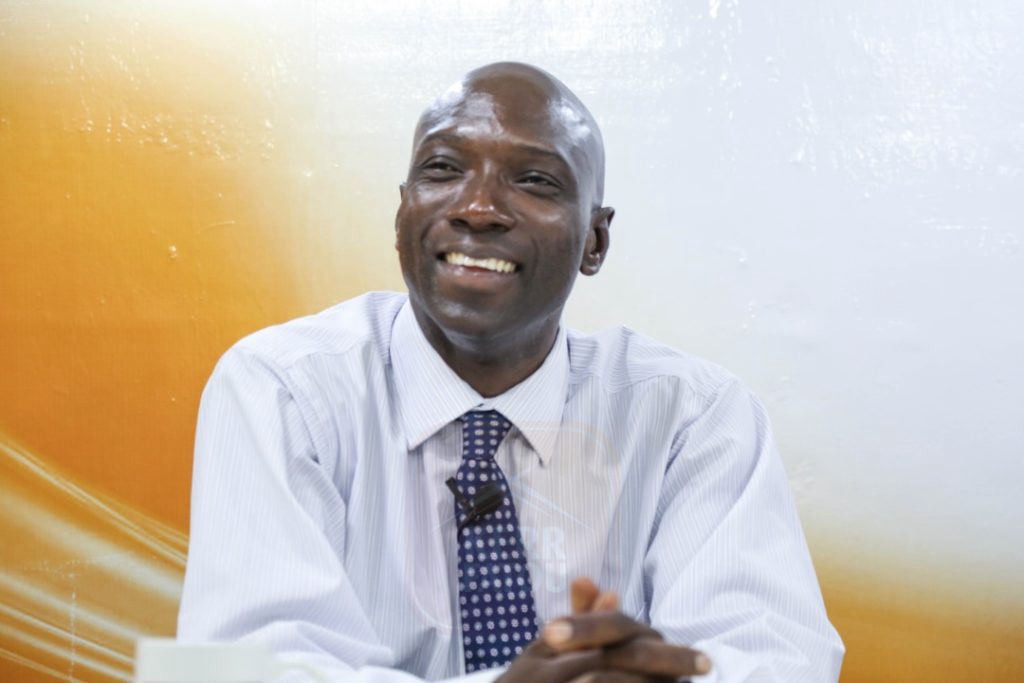The Gambia Standards Bureau joined the global community of national standards bodies around the world and their international counterparts and collaborators to celebrate World Standards Day.
According to the organizer the day was set aside to pay tribute to the thousands of experts worldwide who collaborate at both national and international levels to develop standards.
The theme of this year’s celebration of the day is “SHARED VISION FOR A BETTER WORLD: SPOTLIGHT ON SDG 9 – Industry, Innovation and Infrastructure in the Age of Artificial Intelligence (AI).”
Mr. Baboucarr Ousmaila Joof, Minister of Trade, Industry, Regional Integration and Employment said these standards serve to facilitate trade, spread knowledge and innovation, protect and save lives, mitigate and control climate change as well as disseminate technological advances.
He added: “They foster quality, safety, and efficiency, creating a solid foundation upon which we build a better, more connected world.”
He calls for shining a spotlight on SDG 9, which focuses on building resilient infrastructure, promoting inclusive and sustainable industrialization, and fostering innovation.
“In the age of artificial intelligence, these goals have become more critical than ever before.
Artificial Intelligence, in short AI, is revolutionizing the way we work, live, and create. But for the global population to realize its full potential in transforming industries and infrastructure, international standards are essential,” he explains.
He further said that they ensure that AI is secure, interoperable, and inclusive, allowing for seamless global collaboration.
Minister Joof said, that with standards in place, AI can drive responsible and sustainable innovation, ensuring that growth benefits everyone – from businesses to communities.
He stated that the Gambia is building a world where resilient infrastructure, sustainable industrial growth, and cutting-edge innovation powered by AI and supported by international standards drive economic transformation.
“This transformation will not only improve lives today but will also lay a solid foundation for a better future for generations to come,” he noted.
According to him, it is generally recognized that for the SDGs to achieve their stated objectives within the stipulated time frame, there is a need to use all available tools including international standards and conformity assessment.
“The success of the SDGs is grounded on consensus, collaboration, and innovation and these are the very foundations on which International Standards are based,” he noted.
“In a world often characterized by rapid change and uncertainty, standards provide us the stability and assurance we need to navigate the challenges and opportunities, particularly in trade-related transactions and activities, to find lasting and beneficial solutions.
Standards are the unifying force that transcend borders, and foster international collaboration while enabling the free flow of goods, services, and knowledge,” he pointed out.





